Election2020Exactly four years ago to the day, I wrote an article on the outcome of the 2016 election (which you can read here). I made several predictions for Trump's term, and I reflected on the state of the US. I thought the presidency might have a tempering effect on Trump, and while I thought his tendency to speak his mind wouldn't die down. I figured that much of his rhetoric would be just that, and it might end up actually being an uneventful term. I was wrong. So after four years of tweets, protests, tariffs, more protests and more tweets, I try to sum up what happened in the past four years, where the US is now, and what lies ahead for the world's oldest democracy. Why the US deserves betterLet's get one thing clear, neither of the options at the 2020 election were good options. You had two men in their 70s, devoid of new ideas and energy, slugging it out to lead the most powerful country in the world. The US deserves better. It isn't perfect, but it's a country that has given us hip-hop, Die Hard and the Godfather trilogy. Both Will Smith and The Rock are American and who doesn't like them? America has energy, creativity and dynamism. For all the bad rep they get globally, I quite like American people. The ones I've got to know over the years from my travels abroad and my time living in New York are loyal, good humoured and some of them even understand sarcasm. But the leaders going into the 2020 elections have none of those positive qualities. There is no dynamism, energy or creativity. The best Donald Trump has to offer is that he isn't part of the political establishment, and the best Joe Biden has to offer is that he isn't Donald Trump. In the last election at least Trump bought new ideas - he wanted to build a wall that Mexico would pay for (it didn't happen), and he wanted repeal Obamacare (it only half happened). But this time around, he had no new ideas. Biden seemed even more reserved. It seemed his whole campaign was based around not messing up, and he struggled to accomplish that at times. And let's be honest, they're both a little creepy. But, a saying I heard a lot of the past 5 years, is that you might not get the leaders you want, but you always get the leaders you deserve. That's democracy. So, after writing about two British elections, a Brexit referendum and another American election, I find myself writing about my fifth vote in as many years. It's been a weird decade. Donald Trump: the goodLet's start with the good, because like it or not. the Donald Trump presidency hasn't been all angry 'caps-lock' tweets. Since I've been on this planet, every American president has taken the country into a new war. Obama took the US to Libya and Syria, George Bush went into wars like they were on sale, Clinton went into the Balkans and Somalia and George HW went into the Gulf. In fact, the US has been at war 226 years out of the 244 years since it's founding - war is the American way. But Donald Trump has tempered that a little bit. Not only has he not got the US into any new wars, but he has also pulled troops back from existing wars. This hasn't always left good outcomes, for example, leaving Kurdish troops exposed in Syria, despite them helping US forces defeat ISIS. Then there was the brinksmanship with Iran and North Korea, but the truth is, he has done considerably better than presidents before him in keeping the US out of wars. Let's not forget, he eliminated Al-Baghdadi, the leader of ISIS - and I think we can all agree that made the world a slightly better place. He oversaw an expansion of the economy as well as falling unemployment. While both of these trends started under the Obama administration, he oversaw a continuation of the trends and despite his unorthodox approach kept the economy growing at a steady pace of 2.5%. It all came crashing down following the Covid pandemic (more on that later), but it also impacted the rest of the world so you can't really blame Trump too much for the economic impact of the pandemic, even if his response left a lot to be desired. Trump also managed to hold China's feet to the fire, and it's important that someone does that. The United States is an easy target for anti-war, anti-globalist anger, but the truth is, China isn't much better. Watching large corporations, football teams, and even politicians turn a blind eye to the ethnic cleansing being enacted against the Uyghurs, or the brutal repression of protests in Hong Kong in exchange for some of that sweet Chinese money is a little pathetic. Trump didn't act out of any desire to free the Uyghurs, but at least he acted. He's done a lot more than many other leaders and certainly more than the leaders of this country. The rest depends on your lot in life. If you're rich, congratulations you now pay less tax. If you're a large company double congratulations, because now you pay less tax and you have less regulation around food and environmental standards. If you're an arms dealer, you're happy - you can openly sell your weapons to murderous regimes like Saudi Arabia. Donald Trump: the badThe United States is now more divided than at any point since at least the 1960s, and much of that is down to Donald Trump. Trump's election win seemed to unleash the extremes of society. The alt-right and the far right are now just 'the right'. In response, the centre-left has moved even further left. It's not too disimilar to the impact of the Brexit campaign in the UK. It started in Charlottesville where neo-Nazi marches and counter protests resulted in the death of a young American, Heather Heyer. Unfortunately, this wouldn't be the last death in what became ever escalating protests and counter protests by an increasingly polarised country. By the end of his presidency, the United States looked like one of those "s*ithole countries" that Trump liked to talk down. Running pitched battles on the streets between citizens and Federal troops, people pointing guns at peaceful protesters, a 17 year old killing protestors, a no-go zone in Portland and finally, a president who refused a peaceful transition of power. And then there was George Floyd, Breonna Taylor, and Ahmaud Arbery. Let's be honest, these killings were happening a long time before Trump came into office, and unfortunately, they will continue happening long after he leaves. But the way he handled each of this situations made it clear that he wasn't a leader for all Americans. At least Obama would have given a good soundbite before doing nothing to change things. American protectionism also led to a slowdown in the global economy, even before Covid hit. It started as the delivery of his 'America First' promise, with China firmly in the crosshairs, but before you knew it, Canada, Europe and even the UK were feeling the wrath of his tariffs. Now, some of this worked. American companies who had offshored jobs for decades to take advantage of cheap labour found themselves in an awkward position, and many brought jobs back into the US. But for others, things didn't go as well. The hardest hit by Trump's protectionist policies were, ironically, Trump's strongest supporters - the farmers and the factory workers. Protectionism went further than just the economy., it asked fundamental questions about the world the US itself built post the Second World War. NATO, the WHO and the WTO - all products of American policymaking were attacked. And as America retreated from the world, China stepped into its shoes. Far from tempering the rise of China, the Trump presidency has accelerated China's role in the world as it has stepped into every gap that the US has left behind under Trump. It's not just the economy and society - it's also health. The lacklustre, slow, and often conflicting approach to Covid has meant that the US has recorded the largest number of cases and deaths in the world. Now, I'm not for a second going to say numbers released by China are accurate, but it doesn't take away from the fact that the US has handled the pandemic very poorly. While it's true that the US has delivered the second most tests in the world - its death rate per 1 million is still higher than the UK, France and Italy - all countries that have struggled. In fact, it has the 10th highest deaths per 1 million in the world and a lot of this is down to conflicting approaches by the president himself. First Trump said the virus was nothing to fear, then he started to put in lockdown measures, then he supported anti-lockdown movements. After this he said his administration was beating the virus - and then he promptly went and tested positive. At times it seemed like he was just making things up as he went along, once proposing injecting detergent into people in the middle of a news conference. More worryingly for Americans, while average life expectancy is increasing or at worst plateauing around the world, it's decreasing in the United States. If you're born in the US you're now likely to live shorter lives than all of Western Europe, the Far East, and even parts of the Middle East and South America. The US is now 46th in the world for average life expectancy, right behind Cuba and Lebanon. The US performs even worse with wealth inequality, by many measures, it is the fourth most unequal country in the world, where wealth is concentrated in the hands of a small elite, known as the 1% - consisting of people like Trump (and many, many democrats). And then we have the environment. One of the first things Donald Trump did when taking the presidency was to put into motion the process for the United States to leave the Paris Climate Accords. It's another area where he has ceded ground to the Chinese who have relished their role as the country that has invested the most in renewables. The environment remains one of the most pressing issues of our time, and when the world needed strong leadership from the US, it failed. The final area of damage, and one which will take longer to heal, if ever - is US moral leadership. For over a century, the United States has been the leader of the free world. Its foreign policy has been questionable, and it isn't perfect domestically, but compared to many other nations, it was the shining beacon of freedom. But the past four years have delivered a blow from which it will struggle to recover. Fights with allies like France, Germany and Canada and been interspersed with attacks on global institutions set up by the US like the WTO, WHO and NATO. If the four years saw the US steadily slip from global leader to that drunk uncle at weddings, the way the election was handled was embarrassing on another level. You know it's bad when countries like Iran and Russia question how free your elections are, or when Kenyan newspapers satirically request UN peacekeeping troops to protect US protestors in the United States. But it's hard to sell democracy and freedom around the world when you try to undermine your own elections. And let's not forget. Mexico still didn't pay for the wall. Opinion pollsI've said it in pretty much every election article that I wrote since Brexit - opinion polls are no longer trustworthy. They have frequently got things wrong in both British and American elections. The truth is, while hardcore Trump supporters proudly wave Trump flags and wear 'BBQ, Beer, Freedom' vests, there are millions more that agree with what Trump stands for but aren't willing to publicly share their feelings for fear of ostracisation. It's an innate human desire to need to feel accepted in society as society provides protection so people are driven by a need to temper communicating extreme views. The left don't make things easy labelling even the slightest transgressions as attacks, so I'm not surprised that people aren't willing to share their views. Until the left starts to chill out a little bit, opinion polls will continue to get things wrong. Is democracy broken? Part 2: conspiracy theoriesBefore 2016, a large part of me thought elections were just illusions of choice - no matter what you do, who you vote for, real change can't happen. In the UK, Tony Blair's Labour Party wasn't very different to David Cameron's Conservative Party, and in the US, the Democratic and Republican parties were just two sides of the same coin. Democracy seemed like a bit of a facade. But then 2016 happened. The UK left the EU, even though conspiracy theorists said the political system was fixed and it would never happen. Donald Trump became President, even though alt-right conspiracy theorists said vote fixing and the mainstream media would never allow it. In fact, thinking they were going to lose, both Nigel Farage and Donald Trump said the vote was fixed before the elections. And then they won, and all of a sudden the vote was no longer fixed. And that's where it dawned on me - democracy works, and that's a little scary. All of us, with varying degrees of political, economic and social knowledge, actually have the power to make a change. The election of Trump and the Brexit vote didn't show a broken democratic system, on the contrary, it proved democracy worked. I even wrote about this in some detail. But once you get in power, you can't play the underdog anymore. You're in power. You are the establishment. If the whole world is against you, how did you win? And if you're winning, well then the whole world can't be against you, you're just inventing invisible enemies. Growing up I was big into conspiracy theories. Princess Diana was killed by the Royal Family, yep I believed it. Jet fuel doesn't melt steel beams, obviously true. Tupac? Alive in Cuba, how else do you explain all those posthumous albums. And most important of all - nothing that I do in life will make a difference, because the world is controlled by a shadowy elite - the Illuminati. I've written about this before, but I grew up in a council estate, with a single mother and I went through some pretty rough times. I spent my entire life until adulthood below the UK poverty line. Why was this happening to me? Why my family? The world was scary when I was 14, and it didn't make sense. So I tried to make sense of the world, I was in this inescapable situation because the elite were conspiring against people like me. I was a first world poor kid because of the Illuminati. But then I grew up. With my mom working hard to raise two boys, my brother and I became men and took control of our lives. No more excuses. It's not easy. There's a lot of obstacles in the way for council estate children to get out. And there is an elite that wants to hold us down, but they aren't shadowy, they're the in your face upper-class. And yes, I have to work twice as hard, and shout twice as loud to get mine, but I made it work. You see, people believe in conspiracy theories do so because they're scared and they can't make sense of the world. (you can check out a study on showing this point here). Usually, they're struggling at home, sometimes frightened, sometimes angry, but always willing to blame others. When I look at the people sharing crazy conspiracy theories on my social media, they're never usually the best adjusted. Now don't get me wrong. A little scepticism is healthy, it ensures we continue to question the powerful and the way societies work. But when everything is a conspiracy theory, well then that becomes a little dangerous. Voter fraudAs soon as it became clear that Biden was going to win the vote, all of a sudden conspiracy theories flooded social media. It all happened when Trump had a better than expected start (because opinion polls are no longer trustworthy) but then started losing overnight in the US. But he was winning? How can he be losing? That's what happens when you start counting mail-in ballots. While Trump was railing against mail voting, Biden was encouraging Americans to vote early by mailing in their votes. So on the night, once the in-person votes were counted, it wasn't surprising that the mail-in votes, which were counted afterward, were largely in favour of Biden. This takes us onto the next conspiracy theory, mail-in ballots were being used by democrats to return fraudulent votes, which includes 'dead' people voting. In the 2016 election that Trump won, 25% of all votes were mail-in ballots. Independent research suggests that just 0.00006% of mail-in ballots are fraudulent. When you see the margin of Biden's victory, such a small margin of error doesn't really make a difference. There's also no real evidence of these dead people voting, in fact from a sample of a list of 14,000 dead people shared on social media who are alleged to have voted, not a single instance has been found to be true. But it doesn't matter what the research says, because academia, the media and the politicians have all banded together to conspire against a billionaire. I saw one on my newsfeed. Someone had shared a photo which showed that while there were only 3.1 million registered voters in Wisconsin, 3.2 million people had voted. If this is true, it's strong evidence for fraud. So I went onto Google, and literally the first result is from the Wisconsin Elections Commission which shows there are nearly 3.7 million registered voters. It took me 10 seconds to Google that. But for some reason, as soon as emotions come into play, critical thinking goes out the window. The truth is, facts don't care about feelings. The future of the United StatesWe've spoke a little about the last four years, and a little about the current state of play. I want to end by looking at what's in store for the US going forward. I wonder when we look back 20 years from now, we think of this period of divisiveness as a strange blip in American history, or we point to it as the continuing decline of global US influence. I'm not sure, after all, people sat down, saw the impact of the Trump presidency - and thought - yep, I'll have some more of that. In fact, more people voted for him the second time! That being said, he remains the only president to have lost two popular votes. And let's not forget the Senate and the Supreme Court remain Republican. I'm not saying that's a good thing, or a bad thing. But it's a thing. It means that Trumpism in some form, is likely to continue. A Russian politician watching the elections said "the spectacle of a sinking superpower is bewitching", and on this solitary occasion, I agree with that Russian politician. While the United States continues to grow richer and more militarily powerful, it's no longer the peerless superpower it has been in since the fall of the Soviets. While the country continues to grow, it finds itself in relative decline compared to the likes of China. China has already overtaken the US as the world's largest economy when measured by purchasing power parity. It's likely to overtake the US as the world's largest economy by GDP by the middle of this decade. While its military capabilities are yet unmatched, if growth continues at the current pace, China is likely to have a more powerful military by the middle of the century. Empires rise and fall. From the rise of European empires the Portuguese had the 15th century and the Spanish had the 16th. The Netherlands became the richest nation in the world in the 17th century, while France ruled the 18th century. The industrial revolution led to the rise of the British Empire, and the impact of industrialisation gave the Britain such a lead in the 19th century, that contemporaries thought there would be no chance of any nation ever catching up. Yet by the 20th century, the United States was undoubtedly the leading global superpower. Today it finds itself in the same place the UK did 100 years ago. The richest and most powerful nation in the world, but with a larger country filled with self-belief and confidence who believes it's their destiny to become the most powerful nation in the world, ready to take its place. The UK responded by allying themselves closely to their challenger (the US), a relationship which has ensured some British relevance on the world stage into the 21st century. I can't imagine that the US will take the same approach with China. I also can't imagine such a geopolitical shift is easy, but it seems an inevitability. The only thing that can stop China's growth is China. Only the collapse of their political system can stop the country's rise to the world's foremost global power, and there is a decent possibility that could happen (economic liberalisation inevitably leads to demands for political liberalisation). But if it doesn't, the 21st century will be the Chinese century. But that doesn't mean the end up of the United States - if they play it right, the US might become a safer and happier place. The UK is no longer sailing the seas planting their flags in random bits of rock colouring the world map pink. But since losing its superpower status, it's become a much better country for the everyday person. It was after Empire that the UK implemented a National Health Service, something I'm incredibly proud of - free healthcare for all from the cradle to the grave. It was after Empire that the UK instituted a social security system that meant protection for the poorest and most vulnerable in society. Not only did the UK get over being a superpower in relatively short order, but it used its new found ability to focus on domestic issues to make the lives of its citizens better. The true test of a strong country isn't the number of nuclear warheads it has, or how many drones it operates. True strength is how a country treats its most vulnerable. The US might find itself in such a situation where things like free healthcare, better parental rights and less wealth inequality are more important than enriching the elite in society by bombing a random town in a desert thousands of miles from home. I think the United States is going to be okay in the long-run, but the next four years are going to be pretty interesting to watch ...from a safe distance. Comments are closed.
|
AuthorBritish Sikh, born in the Midlands, based in London, travelling the world seeing new cultures. Archives
September 2023
Categories
All
|
Photos from Johnny Silvercloud, Nina A. J. G., Michael Vadon, jcorrius, mikecogh
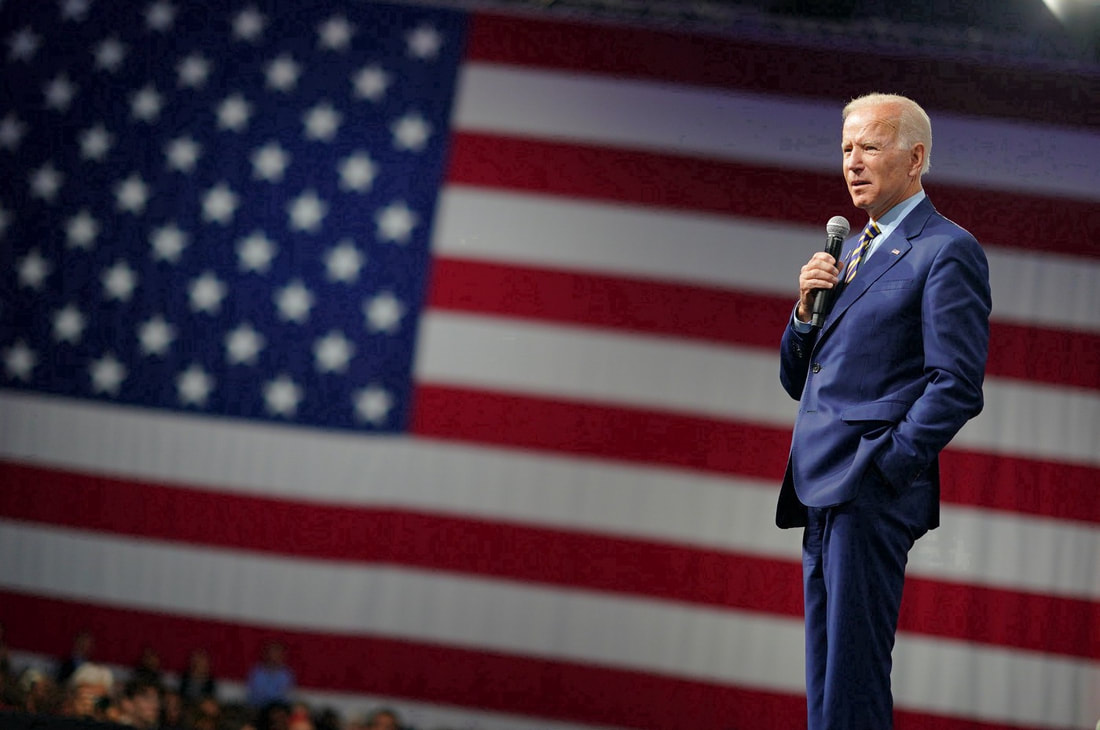
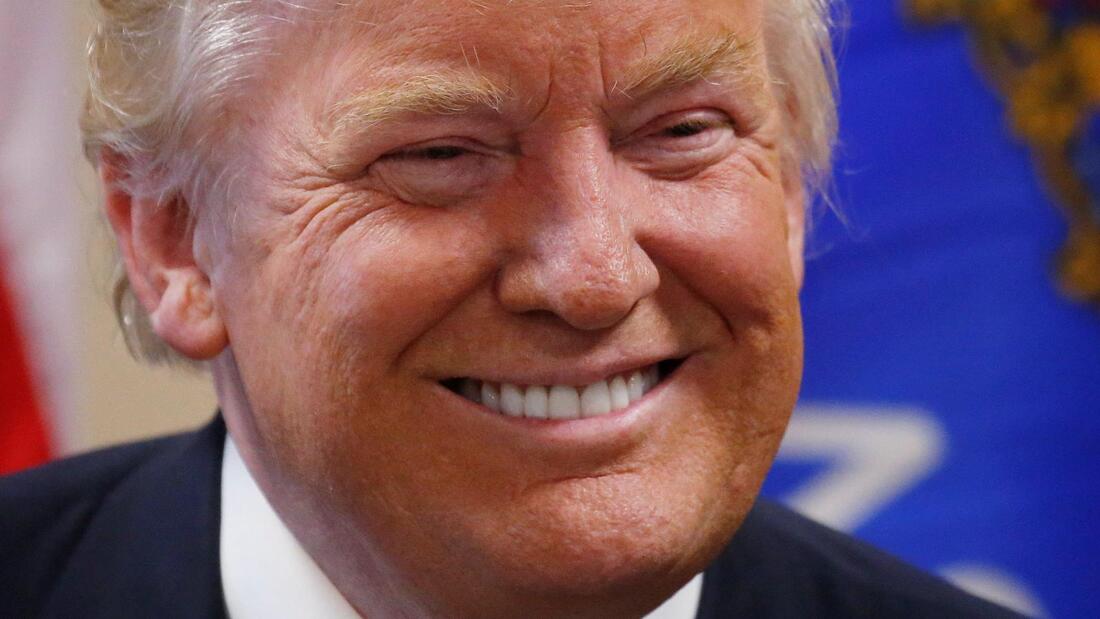
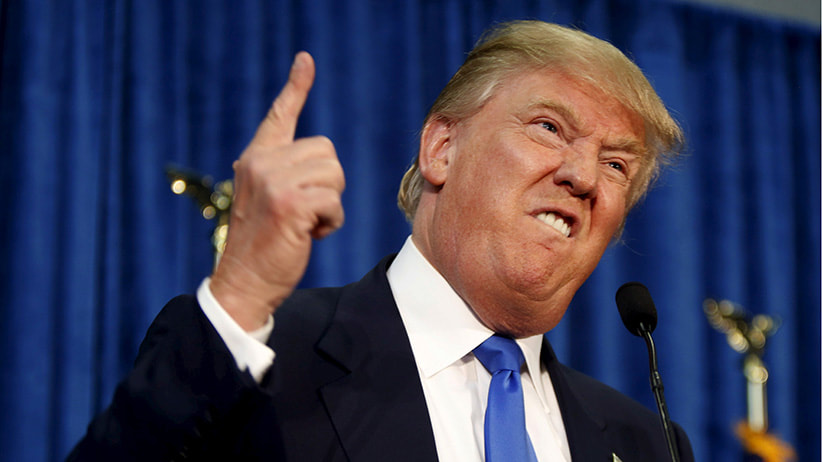
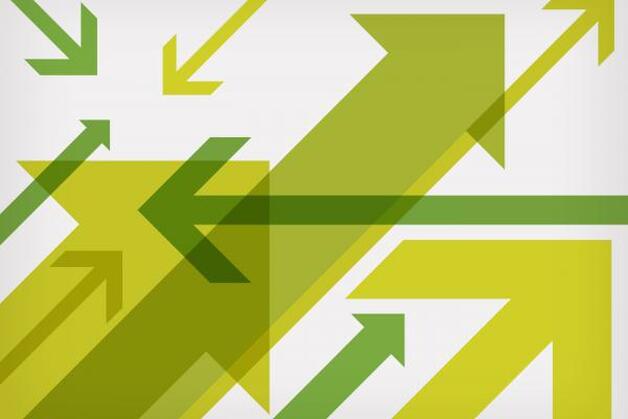
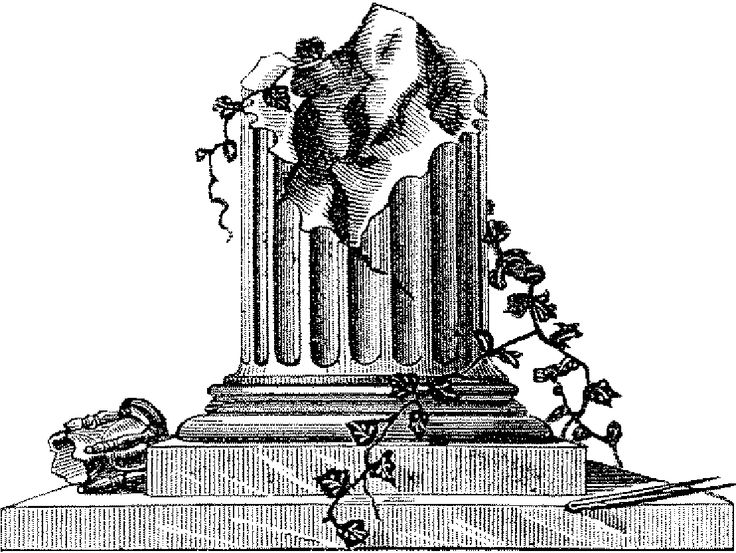
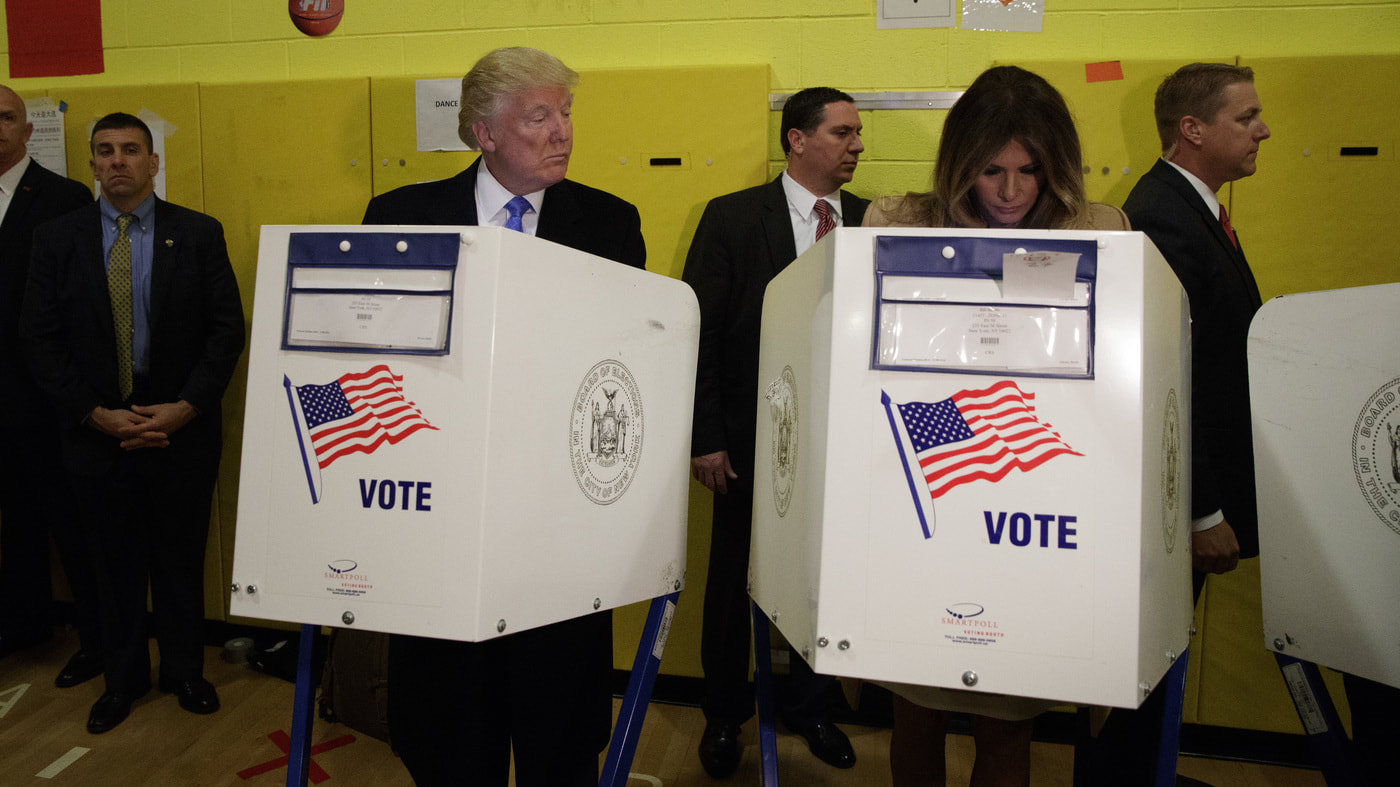
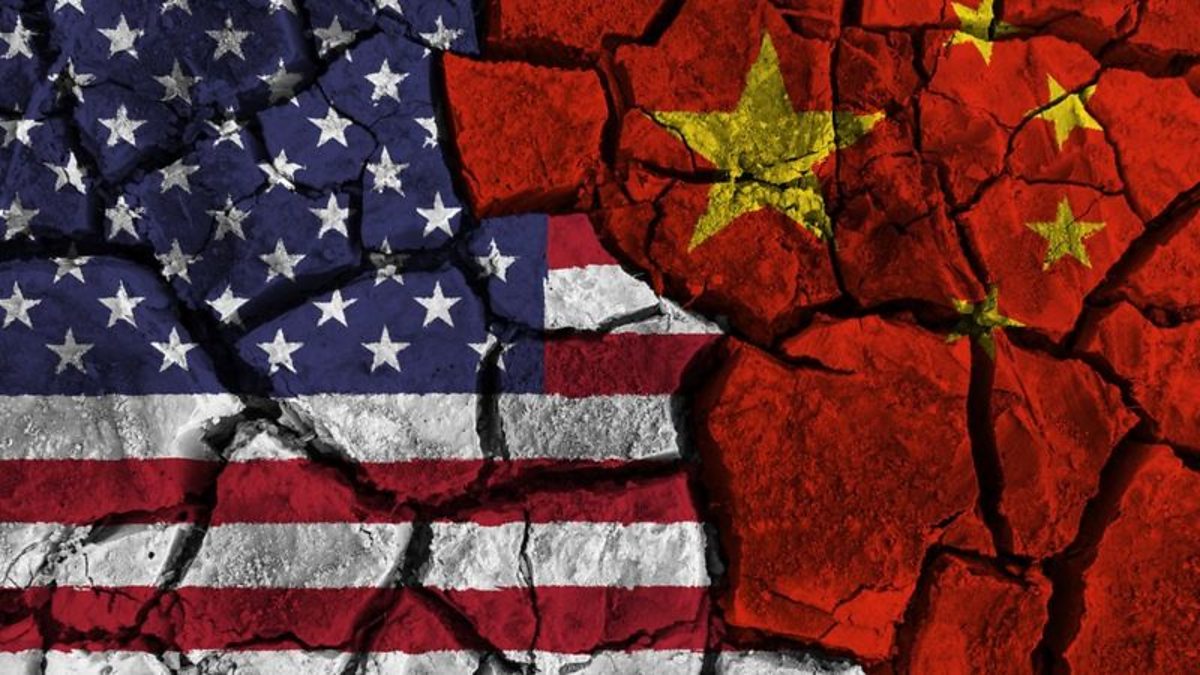

 RSS Feed
RSS Feed